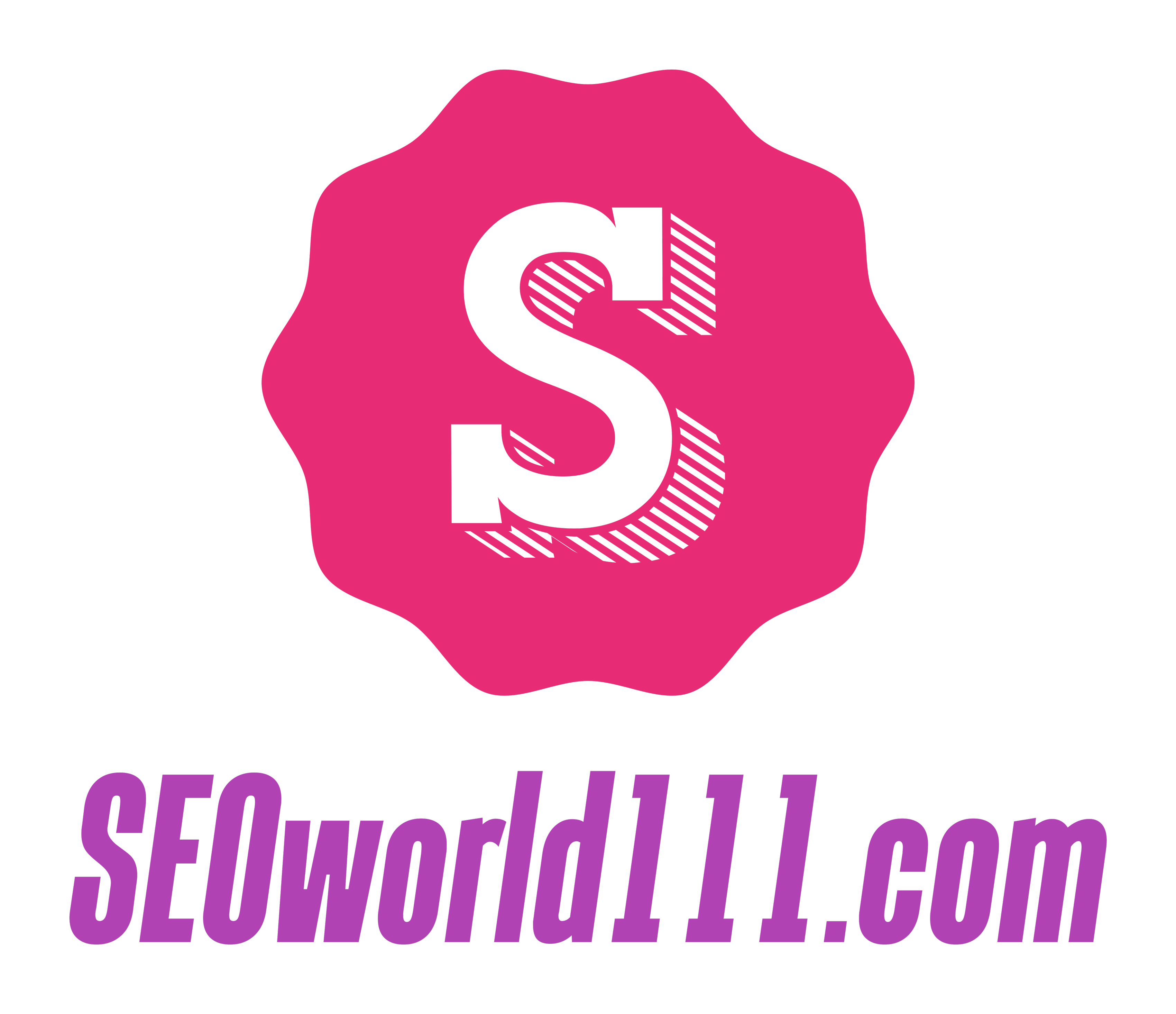Before choosing a trading broker, it’s important to determine if a regulator regulates them. There are several ways to find out if a broker is regulated. One way is to look at the financial regulator, or the FCA. You can also look at the European Economic Area, or EEA.
CySEC
CySEC regulated brokers provide their clients with some benefits. These include no dealing desk intervention and the ability to trade on multiple platforms. These brokers also offer institutional-grade liquidity and are available in various account types, including those that allow you to use multiple operating systems. Furthermore, they offer a variety of commission and spread structures to meet your trading needs.
CySEC regulated brokers are also required to belong to an Investor Compensation Fund Scheme. The fund ensures that traders are compensated up to 20,000 EUR in the event of a broker’s bankruptcy. In addition, CySEC requires brokers to have a minimum of 1.5 million euros in insurance coverage. Additionally, brokers must provide complete information on their products and services. Violation of these requirements can lead to the cancellation of a broker’s operating licence.
FCA
Trading with FCA-regulated brokers can be a safe bet for anyone looking to make a profit in the foreign exchange market. In addition to being licensed to conduct business in the UK, these brokers must adhere to a set of rules and regulations to ensure that consumers are not ripped off or cheated. The FCA also provides consumers with a financial services compensation scheme and ombudsperson service. eToro is one of the most popular FCA-regulated brokers and offers clients various financial instruments. In particular, its forex offerings are particularly well-known and provide traders with a great variety of social trading tools and a competitive demo account.
FCA-regulated brokers must adhere to strict standards of conduct and must keep their client funds in a separate account from their own. Furthermore, they must maintain a minimum of 1 million GBP in operating capital in Tier 1 banks to meet their financial obligations. This is because the FCA is concerned with preventing financial fraud. A broker violating these rules will be fined heavily, and they may even lose their license.
EEA
The European Economic Area is made up of member states that share a common regulatory framework. It was created with the Markets in Financial Instruments Directive (MiFID) and aimed to harmonize regulation across the European Economic Area. As a result, an EEA-regulated broker can offer services in any other member state of the EU, including the UK.
Investors can access an EEA-regulated broker for several reasons. However, the most significant difference between the two types of firms is that an EEA-regulated firm must be able to identify its immediate clients for each transaction. As such, an EEA-regulated investment firm must ensure its reporting contains the new client identifiers mandated by MiFID II.
FSPR
You can find a regulated broker in the FSPR list by looking for a license. A regulated broker must have financial resources to cover market moves and have a high capital buffer. However, it would help if you didn’t assume that every regulated broker is safe. Some companies have bad reputations, and they could lose your money.
To avoid such problems, you should only use FSPR-regulated brokers. These brokers will provide a high level of protection but aren’t as strict as those regulated by stricter agencies. New Zealand forex traders should look for brokers licensed by the Financial Markets Authority, or FMA. This body was established in 2011 in the wake of the global financial crisis and the collapse of many companies in the country.
IG
IG is a UK-based company that offers trading services for various financial instruments. Its trading fees are low, but it charges quite a bit for stock CFDs. IG offers spread betting in Ireland and the UK, but its forex fees are high. The company has a low non-trading fee, and it offers free withdrawals. However, it does charge an inactivity fee after two years. IG’s trading fees are incorporated into its spreads, so be prepared to pay higher spreads during low-liquid times.
IG is regulated in several countries, which adds to its legitimacy. It is also listed on the London Stock Exchange, which ensures a strong foundation for its operation. Overall, IG is a safe broker because it adheres to strict anti-money-laundering regulations and Knows Your Client guidelines.
